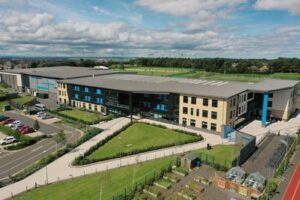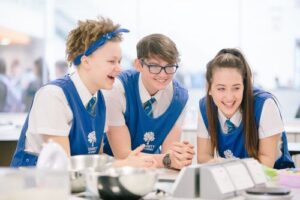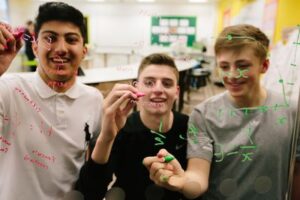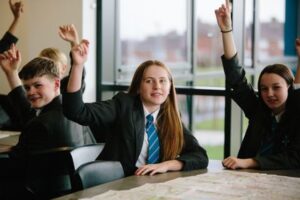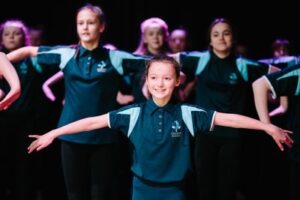Most Able
The identification of Able, Most Able and Talented students is a process which the whole teaching and support staff participate in, as well as parents, carers and the children themselves.
The identification begins when a child joins the Academy. The Academy is keen to understand their achievements and interests in particular areas as they join the school. Discussions with parents and carers will enable us to create the best possible picture of the child, and records of awards and achievements in academic, sporting, musical, artistic and any extra-curricular activities will be helpful in this respect. You can click on the below tiles in order to find out more about each section.






 Parentpay
Parentpay Local Offer
Local Offer



